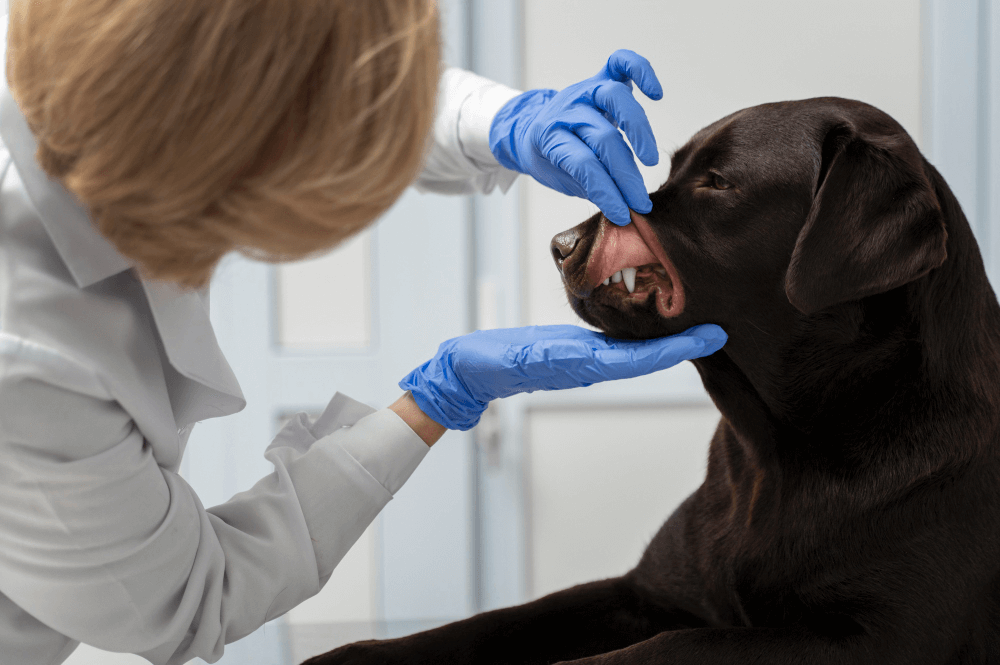As pet owners, we all want our furry friends to be happy and healthy. However, sometimes our dogs can develop allergies that can affect their well-being. In this comprehensive guide, we will explore the common causes of allergies in dogs, how to identify them, and the best ways to manage and treat them.
Common Causes of Allergies in Dogs:
Just like humans, dogs can develop allergies to a variety of substances. Some of the most common allergens that can trigger allergic reactions in dogs include:
- Food: Certain ingredients in your dog’s food, such as beef, chicken, dairy, and grains, can cause allergic reactions.
- Environmental Allergens: Pollen, dust mites, mold, and other environmental allergens can also trigger allergies in dogs.
- Flea Allergy Dermatitis: Some dogs are allergic to flea saliva, and even a single flea bite can cause a severe allergic reaction.
- Contact Allergens: Dogs can develop allergic reactions to substances they come into contact with, such as certain plants, chemicals, or fabrics.
Identifying Allergies in Dogs:
The symptoms of allergies in dogs can vary depending on the type of allergy and the severity of the reaction. Some common symptoms include:
- Itchiness, scratching, and biting at the skin
- Red, inflamed skin
- Ear infections
- Sneezing and runny eyes
- Gastrointestinal issues, such as vomiting and diarrhea
If you notice any of these symptoms in your dog, it’s essential to consult with your veterinarian for a proper diagnosis.
Diagnosing Allergies in Dogs:
Diagnosing allergies in dogs can be challenging, as the symptoms can overlap with other conditions. Your veterinarian may recommend a variety of tests, including:
- Skin prick tests: A small amount of allergen is injected under the skin to see if there is a reaction.
- Blood tests: These tests can detect antibodies to specific allergens in your dog’s blood.
- Elimination diets: Your vet may recommend feeding your dog a special diet to see if their symptoms improve.
Treating and Managing Allergies in Dogs:
Once your dog has been diagnosed with allergies, your vet will recommend a treatment plan based on the type and severity of their allergies. Some common treatment options include:
- Medications: Antihistamines, corticosteroids, and immune-modulating drugs can help control allergic reactions in dogs.
- Allergy shots: Also known as immunotherapy, these shots can help desensitize your dog to specific allergens over time.
- Dietary changes: Switching to a hypoallergenic diet can help dogs with food allergies.
- Environmental changes: Keeping your home clean and free of allergens can help reduce your dog’s exposure to triggers.
Preventing Allergic Reactions in Dogs:
While it may not be possible to prevent allergies entirely, there are some steps you can take to reduce your dog’s risk of developing allergies:
- Keep your home clean and free of dust and mold.
- Use flea control products regularly to prevent flea allergies.
- Feed your dog a balanced diet that is free of common allergens.
- Avoid exposing your dog to known allergens, such as pollen and certain plants.
Allergies can be a challenging condition to manage in dogs, but with the right care and treatment, you can help your furry friend live a happy and healthy life. By understanding the causes of allergies in dogs, identifying the symptoms, and working closely with your veterinarian, you can provide the best possible care for your pet. If you suspect that your dog may have allergies, don’t hesitate to seek professional help. Your vet can help you develop a treatment plan that is tailored to your dog’s specific needs, helping them live a comfortable and allergy-free life.




